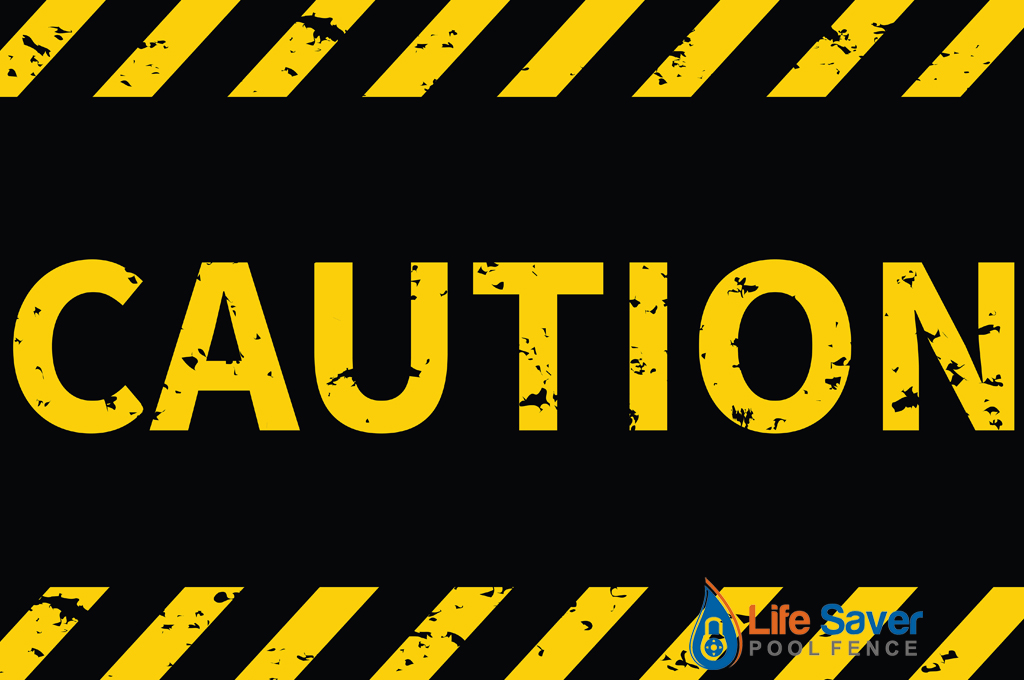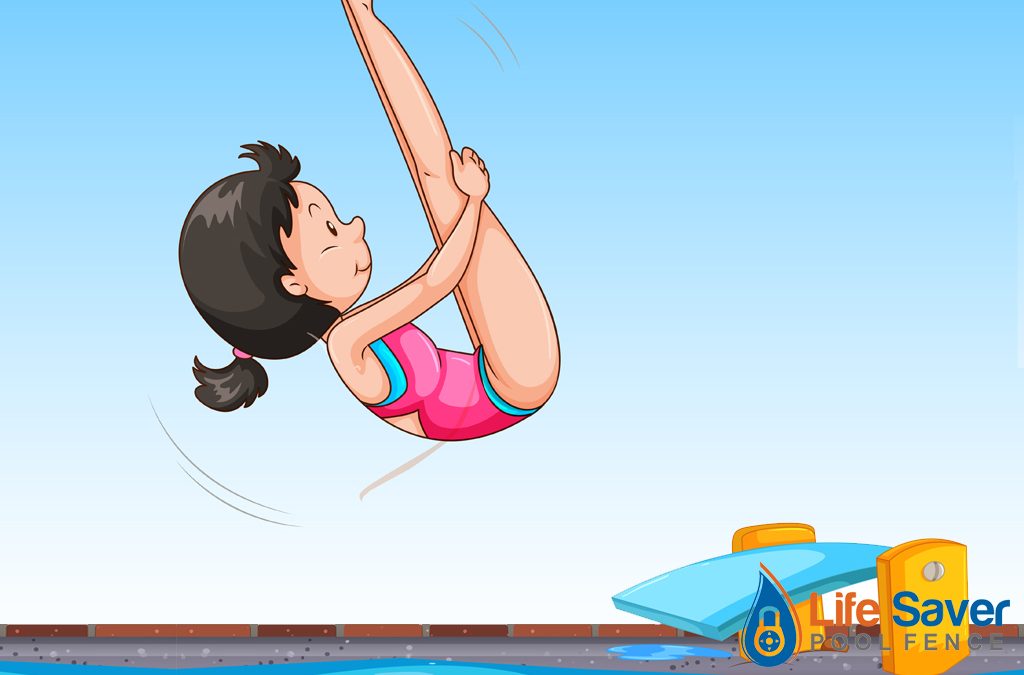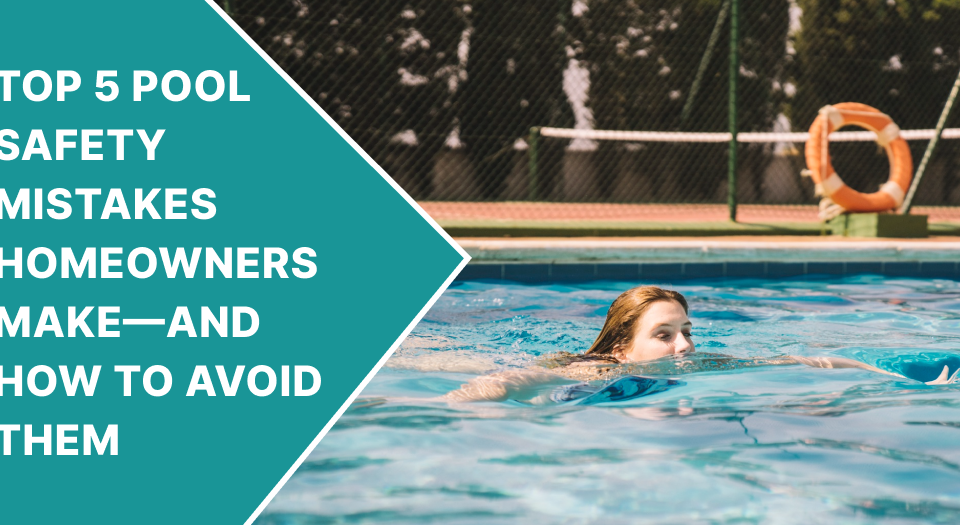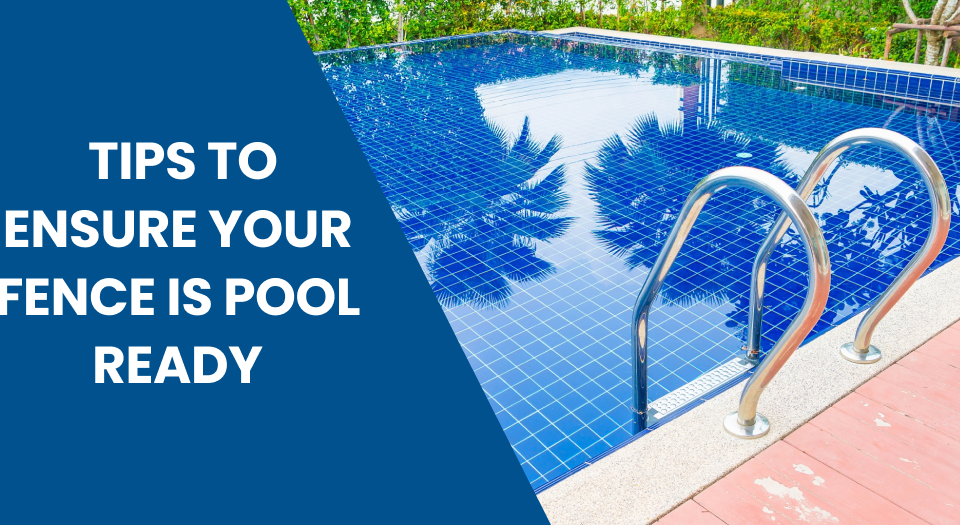Today, let’s talk about diving safety. While doing laps in the pool can be great exercise, sometimes we just need a little extra adventure to add to the fun. Even though it’s an enjoyable pool activity, diving can be risky.
Luckily, there are several precautions you can take to protect yourself from injuries that are caused by diving. These will help to prevent any serious injuries often caused by diving.
Diving Safety and Injuries
The concerns referenced are especially true for private residential pools. You see, these pools are usually smaller than public pools, and they aren’t as deep either. This results in the swimmer hitting the bottom of the pool or not having enough room to properly dive. This can be seriously hazardous to your health.
Injuries can be as serious as paralysis and damage to the spinal cord. In fact, more than 40 percent of spinal injuries are caused by people who are diving into their backyard pools. With that knowledge, it is not surprising to hear that diving is actually the fourth leading cause of paralyzing spinal cord injuries.
So what can you do – and not do – to keep yourself safe?
Don’t Ever…
We’ve talked about the risks of swimming while drinking alcohol, and the same rules apply to diving safety. You should always be alert and responsible when you dive into the water. Since alcohol impairs your coordination and reflexes, it is never a good idea to mix it with a diving session.
Speaking of being responsible, it is always a big risk to dive off of anything that isn’t a diving board. This includes an above-ground pool, which is too shallow for diving safely. Instead, always look for a properly installed diving board. This is a clear signal that an area is appropriate for diving.
Now that we know what not to do, let’s take a look at how you can ensure your safety during this fun activity.
Always Be Sure to…
Just as it’s important to take swimming lessons, learning to dive properly is crucial. Understanding the proper way to enter the water will teach you valuable skills to stay safer in the water. Professional diving lessons can help you to accomplish this. These lessons will also teach you how to dive with perfect form. For instance, diving with your hands in front of your body will help to break your fall if you unexpectedly hit the bottom of the pool.
That said, if you’re planning to dive, you should absolutely always avoid the shallow water. For younger swimmers, the water should be a minimum of five feet deep. That minimum level should increase as swimmers grow and gain weight.
Last, make sure the area below the diving board is clear of toys and other swimmers before your take the plunge. Otherwise, aside from taking your own safety into your hands, you’re also risking the health of others as well.
As we said, learning to dive can be a lot of fun. Still, it’s important to take these diving safety precautions. Education is key to preventing unnecessary injury in the water.






